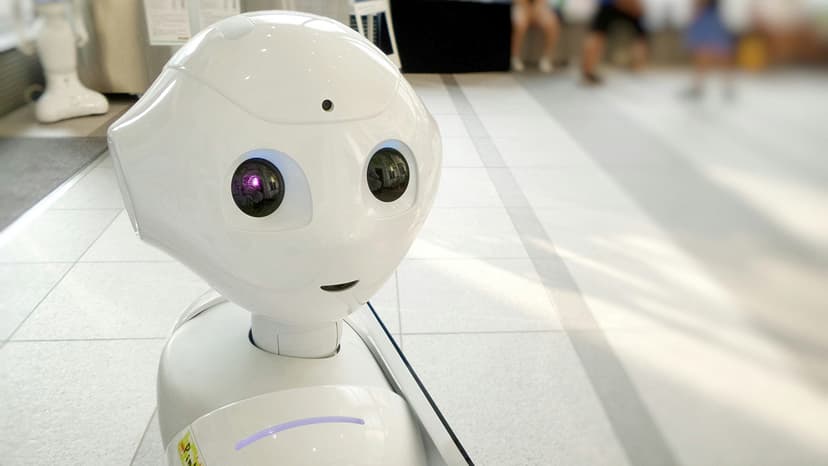The Training Data Behind AI Models Like ChatGPT
Artificial Intelligence (AI) relies heavily on data. AI models, such as ChatGPT, require high-quality data to learn and develop. What type of data do these conversational models utilize?
Let’s explore the training data essential for ChatGPT and similar AI models. Unlike humans, who learn from a mix of text, images, videos, and experiences, AI models are primarily trained on text data. This selection is intentional, as these AI systems are built to understand and produce human-like text. They absorb large volumes of written material, learning language patterns, concepts, and nuances.
Text: The Lifeblood of Conversational AI
The text data used for training language models like ChatGPT comes from various sources encompassing a wide array of human knowledge. Books, articles, websites, and other written content contribute to this extensive dataset. ChatGPT has access to a collection that can exceed even the largest human libraries, encompassing everything from classic literature to contemporary blogs and news articles.
The training process is akin to instructing a rapid learner. The AI examines text excerpts, attempting to predict the next word in a sentence. Although it makes mistakes, algorithms refine its learning trajectory, enabling improvement over time. Through this process, it becomes adept at grammar, idioms, and style, eventually being able to hold conversations, write essays, or even create poetry.
Companies like OpenAI ensure that the AI consumes diverse material. This diversity is crucial, as it equips the model with the capability to manage various topics and tones during human interaction.
Why Not Images and Videos?
Can AI like ChatGPT learn from images or videos? While AI can train on various data types, including visual inputs, language-focused AI systems find limited value in imagery for developing verbal skills. Consequently, models such as ChatGPT focus on text.
There is a separate class of AI models designed to work with visual data. These vision AI models are trained on images and videos, allowing them to recognize faces and interpret scenes. For now, we will focus on text-oriented chatbots.
Quality and Quantity of Training Data
The principle for training AI like ChatGPT is straightforward: more data leads to more knowledge. However, the data must also be of high quality. Training on poor-quality data with errors or biases can result in flawed outputs. A language model could produce grammatically incorrect sentences or biased statements if it learns from subpar data.
That’s why developers at companies such as OpenAI take great care in curating and cleaning data before training. They aim to ensure the AI learns the best linguistic qualities while avoiding negative influences.












